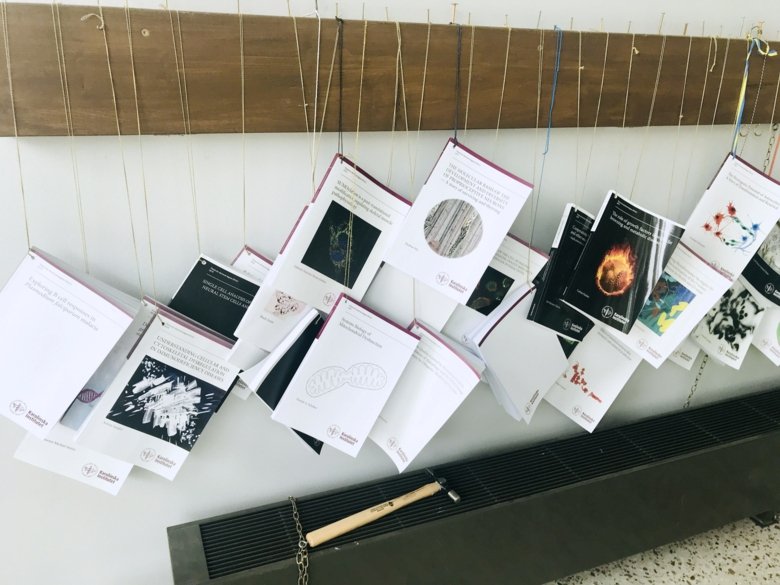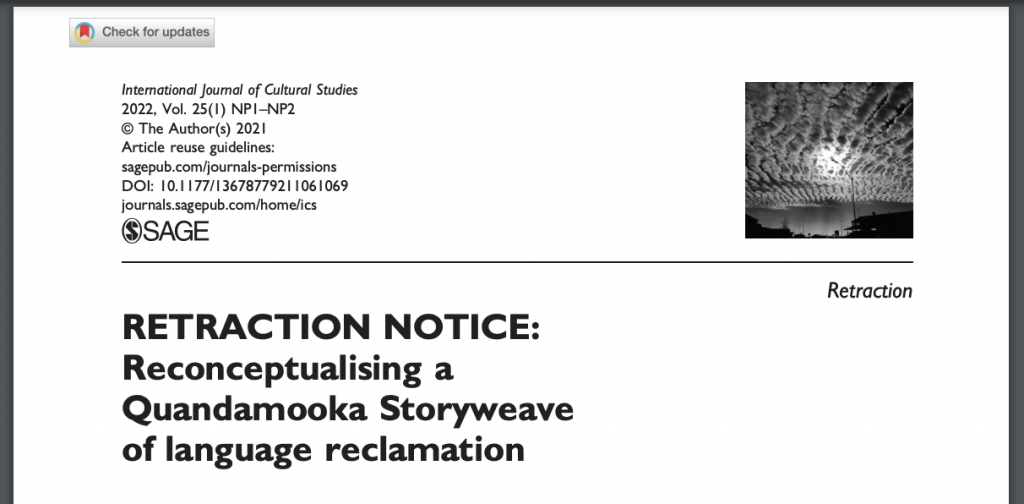A PLOS journal has issued an expression of concern for a 2018 paper which claimed that ivermectin could be useful as a way to control dengue fever.
In fact, the reason the journal re-examined the article was because the hype about the use of ivermectin for Covid-19 led at least one skeptic to take a closer look at the study – and he didn’t like what he saw.
The article, “Antivirus effectiveness of ivermectin on dengue virus type 2 in Aedes albopictus,” was written by a group in China led by Tie-Long Xu, of the National Institute of Parasitic Diseases at the Chinese Center for Disease Control and Prevention. According to the study, which appeared on PLOS Neglected Tropical Diseases:
Continue reading How an ivermectin study that didn’t mention COVID-19 fell under scrutiny







